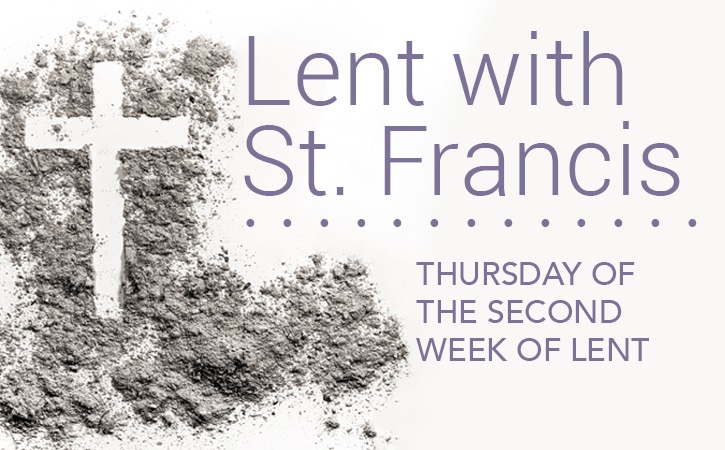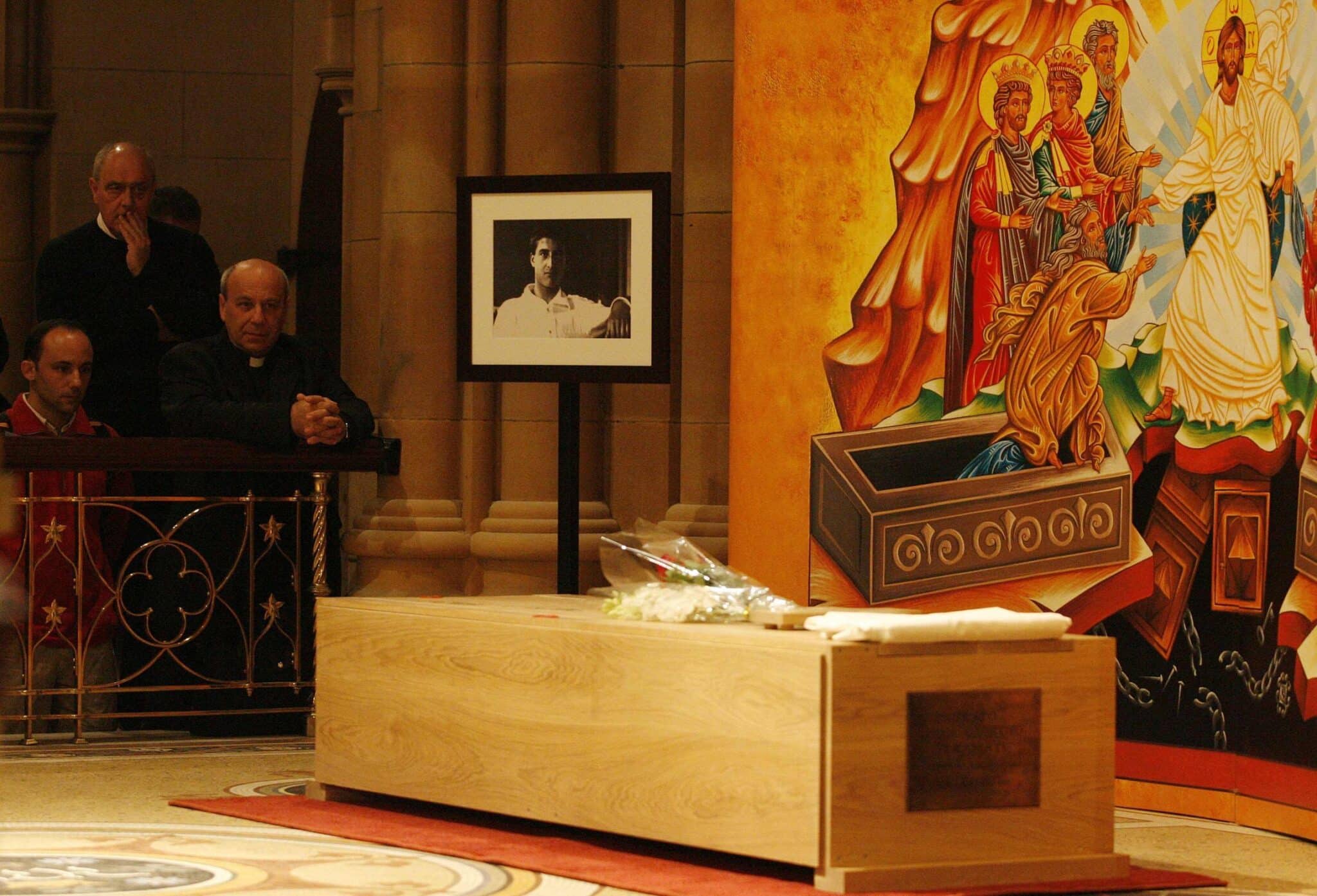Thursday of the Second Week of Lent
Jeremiah 17:5–10;
Psalm 1:1–2, 3, 4, 6;
Luke 16:19–31
“Child, remember that during your lifetime you received your good things, and Lazarus in like manner evil things; but now he is comforted here, and you are in agony.” —Luke 16:25
Built on a hill, the medieval city of Assisi shows how the social divisions between high and low were not merely metaphorical. The nobility lived at the top of the city; the poor people lived at the bottom; the rising merchant class lived in between. And outside the walls, in the swamps and marches, the lepers and other outcasts struggled to stay alive.
One of the defining moments of Francis’s conversion, his embrace of the leper, shattered his social aspirations and inspired him not merely to care for the poor and outcast, but to live among them as one of them. His motivation was always his great gratitude that Jesus himself did not cling to his divinity, but became human like us. Unlike the rich man in today’s Gospel, Francis not only noticed the poor at the gate, he did what he could to alleviate their suffering. He heard and heeded the warnings not only of Moses and the prophets, but also of the one who had actually risen from the dead.
The money-based economy that was new and even revolutionary in Francis’s day is something we take for granted today. But it never hurts to ask questions about our priorities in light of the Gospel call to sell what we have and give to the poor. We—and our churches—will be better for having done so.
Francis so identified with the poor outside the walls of Assisi that he desired to be buried there. The Basilica of St. Francis stands outside the walls he knew.
Prayer
You are our faith,
Our great consolation.
Amen.








